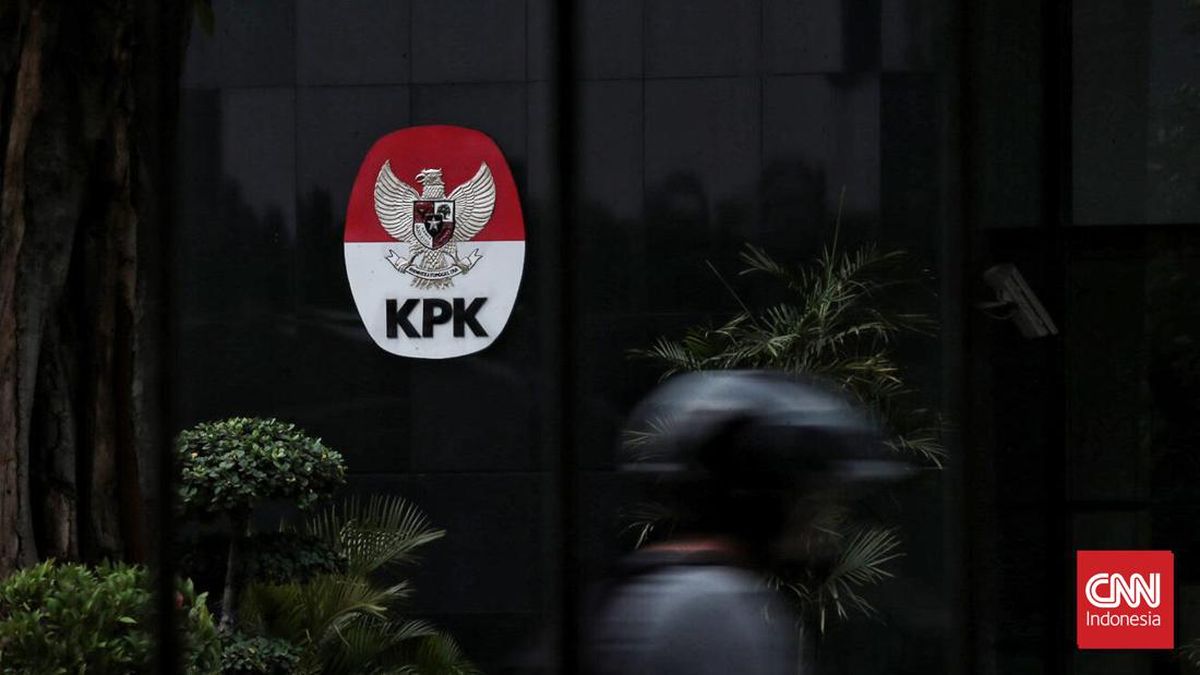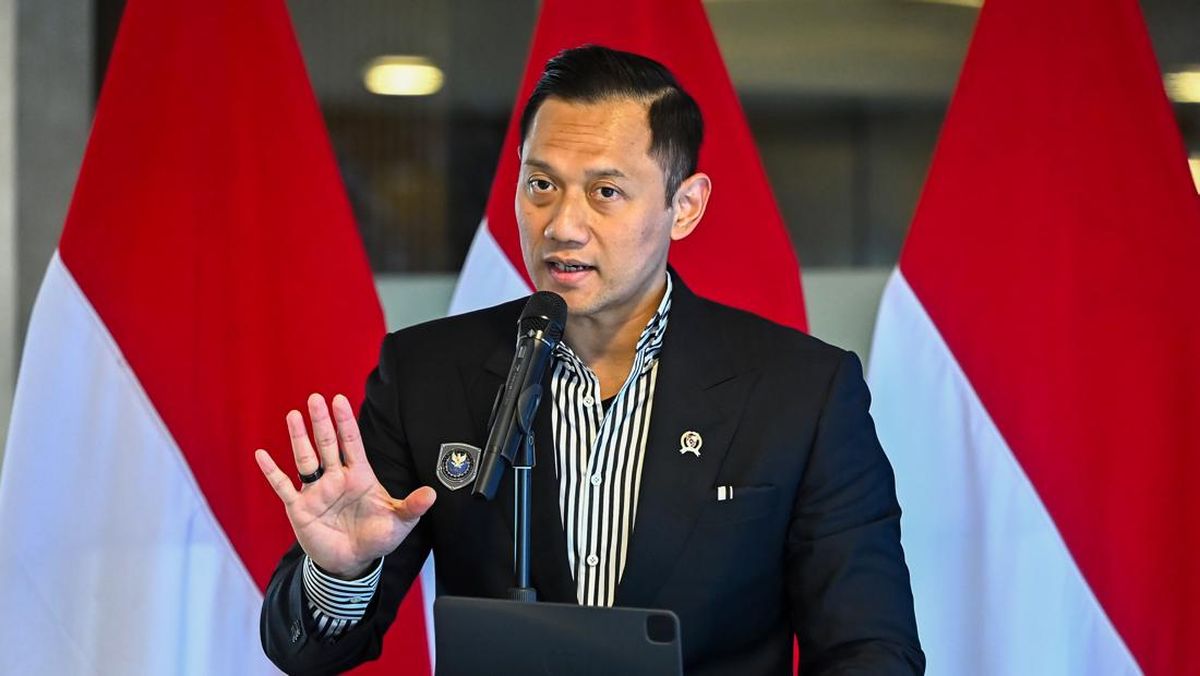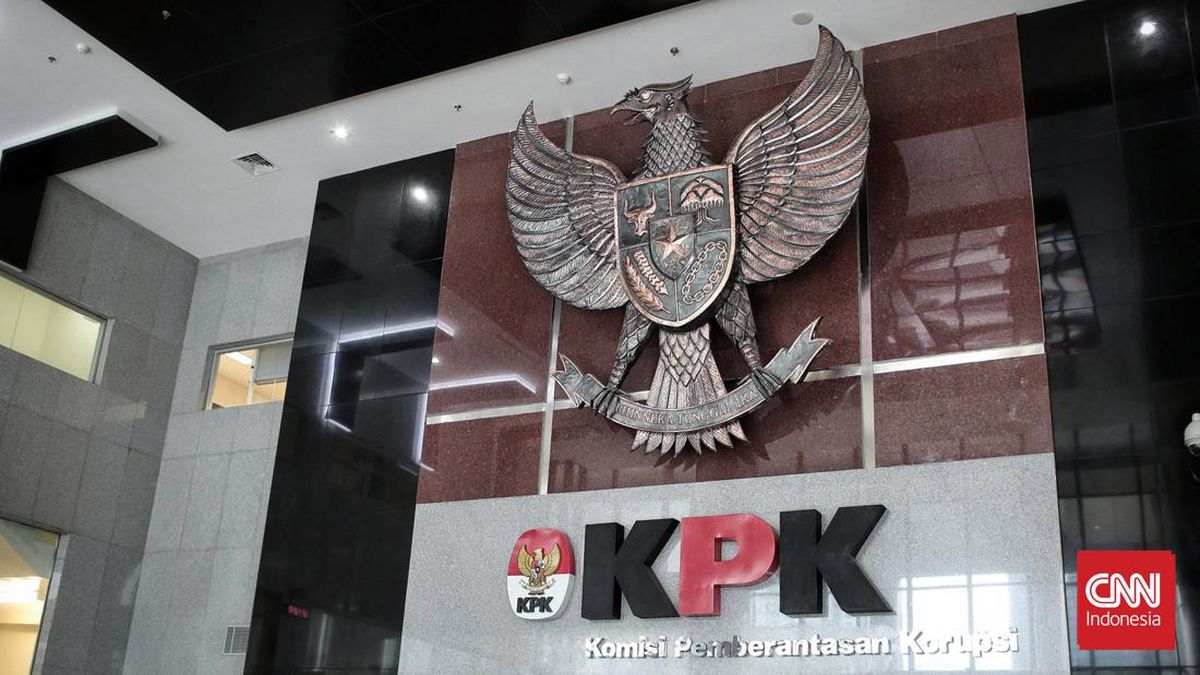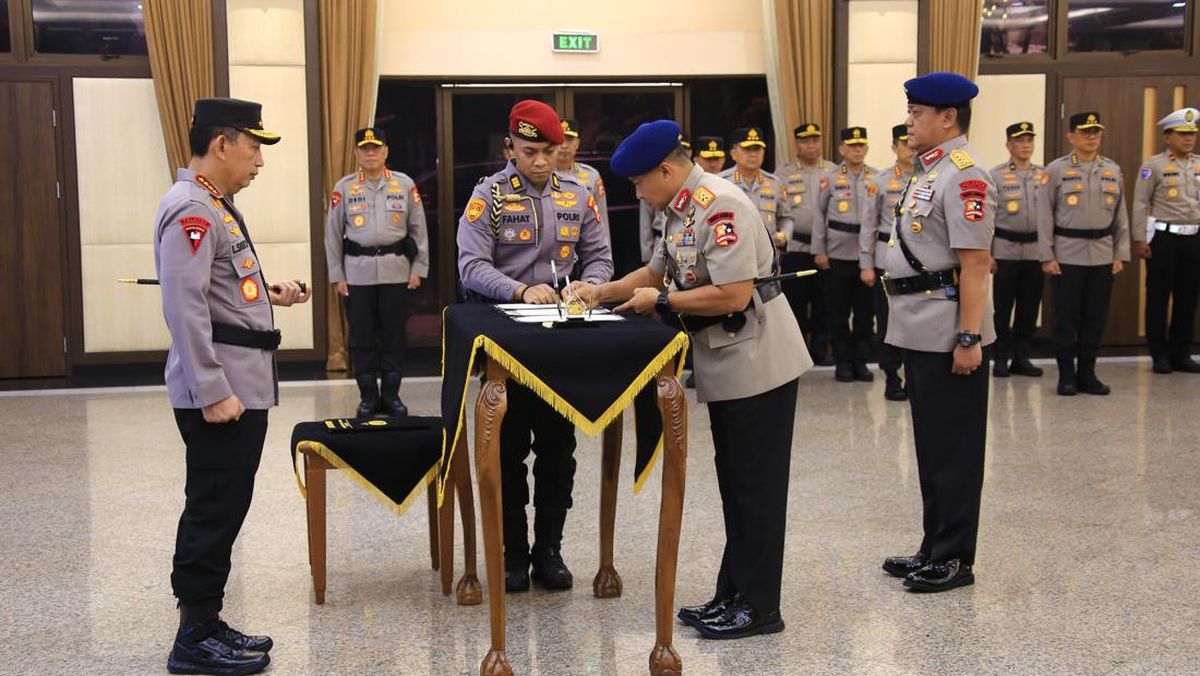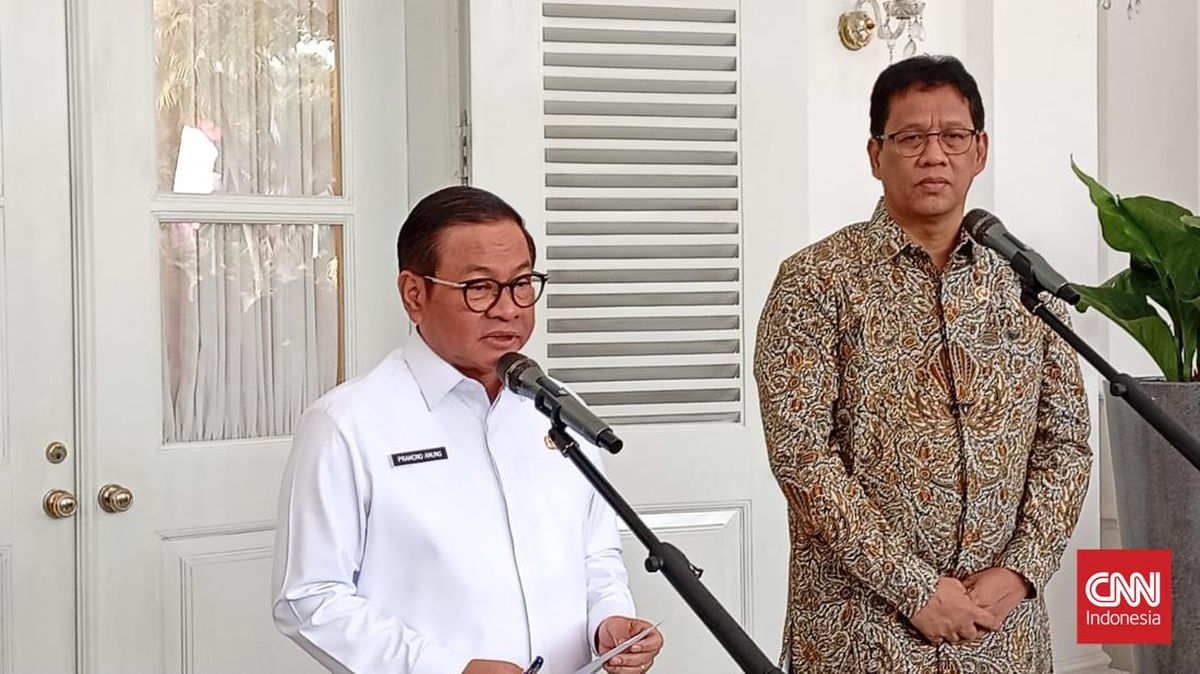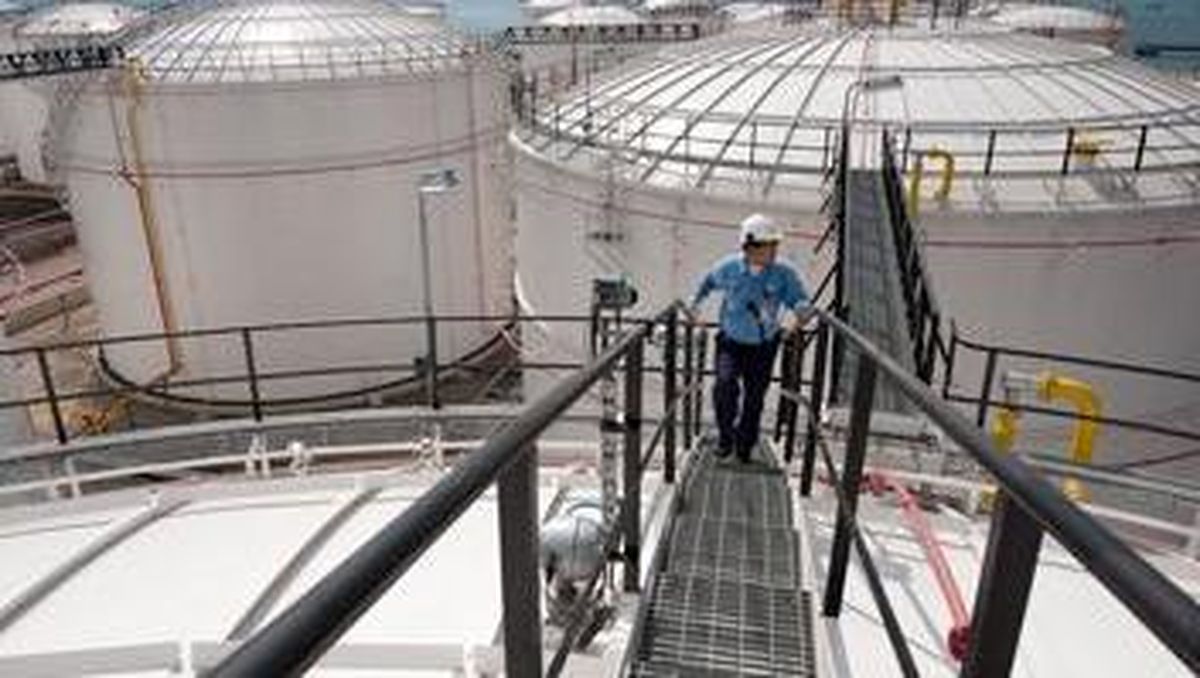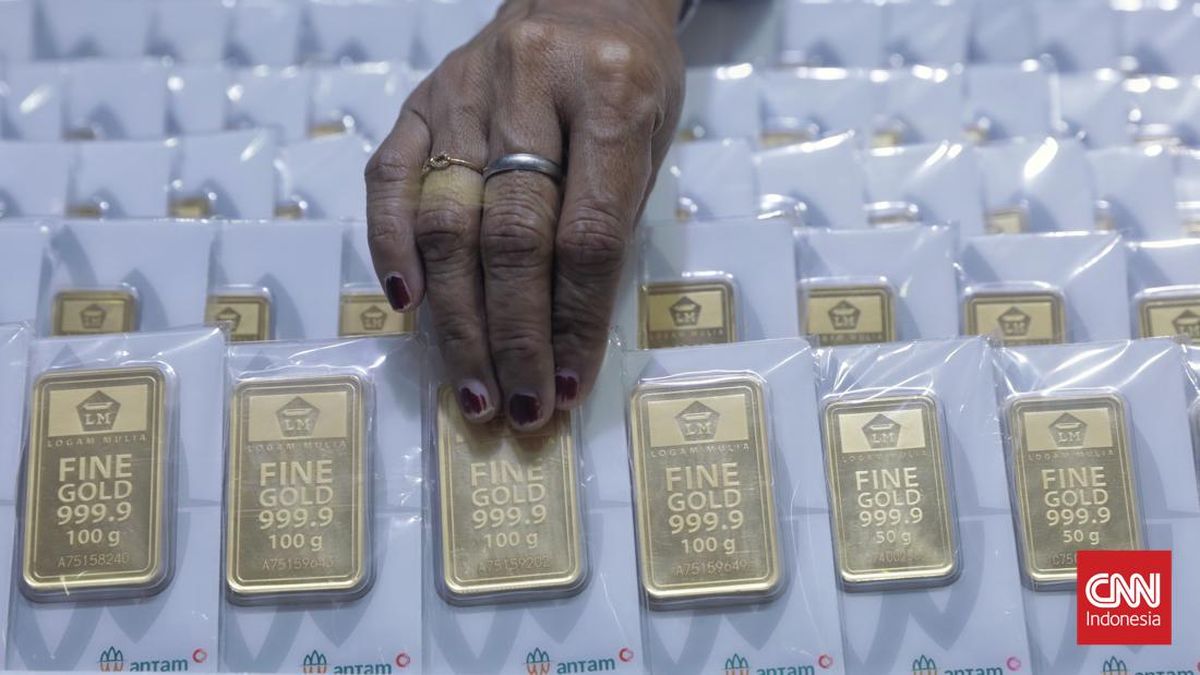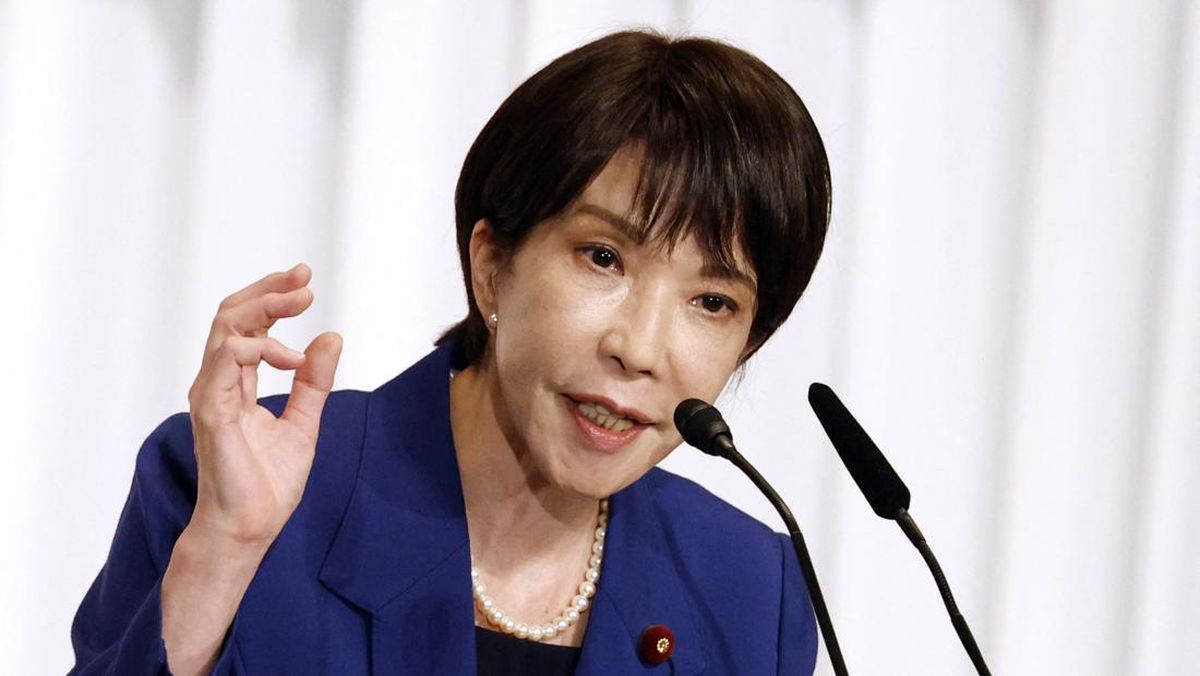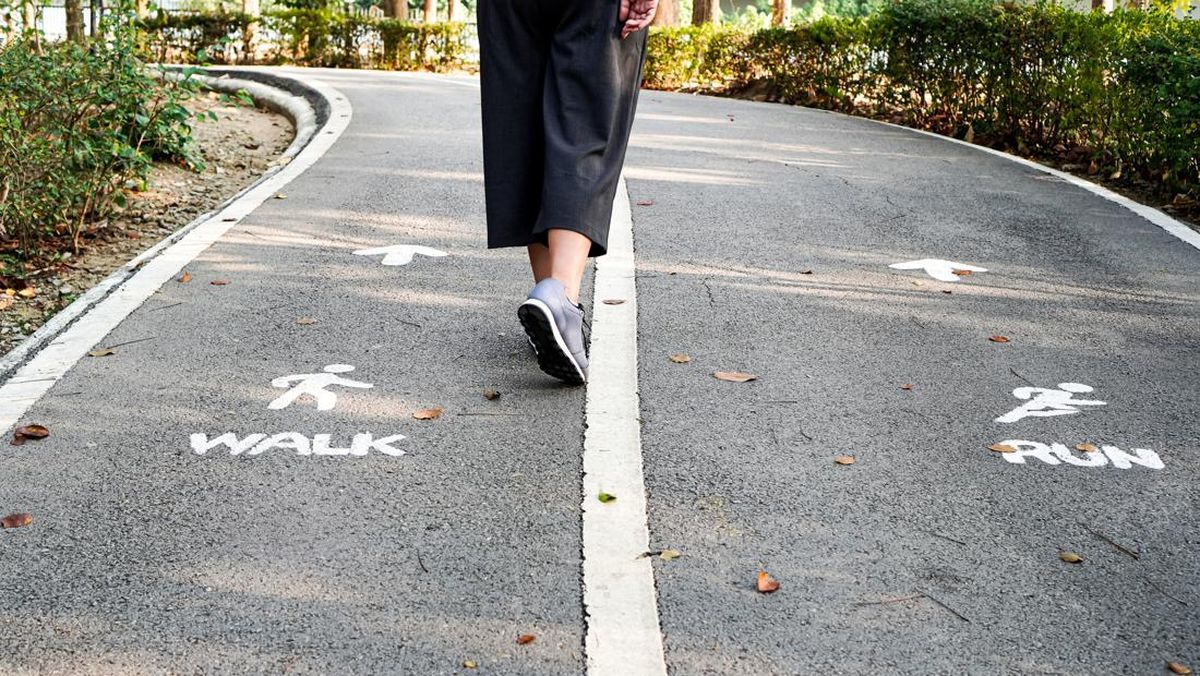It should come as no surprise that Peter Dutton has laid significant blame for the Coalition’s election loss at the feet of Liberal MP Andrew Hastie (“Hastie cost us office: Dutton”, October 6). When he was opposition leader, it was never his fault when things went wrong. When he was home affairs minister in the Morrison government, he never admitted blame either. The opposition lost the last election not because of an issue with defence procurement; rather, it was a distinct lack of coherent and believable policies and a set of lacklustre candidates. Until the opposition sorts these matters out, it will be relegated to years of wilderness in opposition. Tim Overland, Castle Hill

Credit: Cathy Wilcox
No, of course not, Peter. The Coalition’s crushing defeat at the recent federal election had little to do with you and your lack of coherent policies, and all to do with the silence of an obscure West Australian opposition member. In the words of Darryl Kerrigan, “tell him he’s dreaming”. Bill Young, Killcare Heights
In the lead-up to the last federal election, Peter Dutton was leader of the opposition. Surely then, the responsibility for delivering policy was ultimately his. If Dutton thought Andrew Hastie was not fulfilling his duties, then surely, as leader, he should have addressed that. So why bring it up now and try to shift blame? As for Hastie not engaging the media enough, Dutton’s unwillingness to address the National Press Club and court the tabloids were legendary. Bob Cameron, Coffs Harbour
How very revealing. The one policy area that Andrew Hastie was uniquely qualified to cover – defence procurement spending – was apparently beneath him. As an analysis of the election, it’s an exaggeration, but it suggests Hastie is more than simply not a team player. He may well see himself as a future populist leader, but who will follow him into the political wilderness? Margaret Johnston, Paddington
Peter Dutton claims it was Hastie’s fault the Liberals did so badly at the last election. If that is true, why did Dutton lose his own seat? Fraser Lovett, Cherrybrook
PM’s personal history
Your correspondent, John MacIntosh, berates columnist Peter Hartcher for making incorrect observations about Anthony Albanese (Letters, October 6). McIntosh claims Albanese’s mother was a school teacher and that the family was middle class. This, in fact, is incorrect. The PM grew up with his mother and maternal grandparents, his mother worked part-time as a cleaner and suffered rheumatoid arthritis. They lived off his mother’s disability pension and grandmother’s age pension in public housing. Trevor La Macchia, Eastwood
Ken Boundy’s letter is spot-on (Letters, October 6). Prime Minister Albanese has a rare opportunity to use his strong mandate to drive the kind of generational reform Australia urgently needs. Now is not the time for a continued “steady as she goes” approach. At this pivotal moment, bold leadership is essential to secure a healthy, equitable, and sustainable future for all Australians. Suzy Anderson, Cremorne
World’s biggest losers
Gambling expert Associate Professor Charles Livingstone has summed up the appalling situation of gambling in Australia in a nutshell, when he points out that “Australians squander $35.1 billion every year – the biggest losers in the world for gambling per capita” (“Legal case against Sportsbet puts heat on industry”, October 6). And the reason for this? Martin Thomas of the Alliance for Gambling Reform says it’s because “we have some of the laxest gambling legislation in the world”. It is time for our governments to bite the bullet and look beyond the appeal of their share of those ill-gotten gains, and take effective action against gambling and its associated harm to so many people, directly and indirectly. Anne Ring, Coogee

Australians lose $31.5 billion a year on gambling.Credit: Getty Images
When will there be a government with enough guts to do something about this harmful industry? Especially the saturation advertising that entices more and more gullible people in. Why not take a look at the legislation that banned tobacco advertising? It worked. John Munro, Toowoomba (Qld)
I feel so sorry for the poor woman suing Sportsbet after her accountant stole her life savings. I hope she wins. The case to ban gambling advertising grows ever stronger. Where are our politicians? Please, show some leadership Mr Albanese. Jeremy Spinks, Baulkham Hills
Hamas off table
Your correspondents seem to equate support for a Palestinian state as support for Hamas, which is wrong (Letters, October 6). Most of the 157 nations of the UN supporting this proposal, including Australia, require democratic elections, with Hamas playing no part in the governance of Palestine, a two-state solution and that Hamas disarm. This will make Hamas impotent and irrelevant. Whether it’s possible is another question. Rowan Godwin, Rozelle
Your correspondent claims the West is supporting Hamas. Last time I looked, countries such as Britain and America were not funding Palestine or Hamas, but rather supporting Israel to the hilt, sending arms, weapons parts and investing millions in Israeli weapons manufacturers, such as Elbit systems (which made the drones such as the one that killed Australian aid worker Zomi Frankcom and her colleagues last year). And to state that “Hamas has learnt that terror wins” seems incongruous when you look at the destruction of Gaza and the horrendous death toll. I doubt anyone would call that a win. Lisa Dixon, Croydon
Michele Sharp asks in her letter why the terrorism of Hamas should be rewarded by Australia and other states that recognised Gaza. “Hamas has learnt that terror wins,” she wrote. The recent recognition of Gaza by several states is not intended to reward the terrorism of Hamas, but to punish the barbarism of Israel and the IDF in its war on Gaza. Ross Devine, Mallabula
Fix unfair rates
Fluctuations in interest rates for housing cause Australians a lot of pain, destabilise families and, as Ross Gittins points out, are unfair (“We have at our fingertips a much fairer economic tool”, October 6). The most common mortgage in the US is funded by 30-year fixed rates and that country can still manage to fight inflation. Furthermore, the US does not even have to tap into adjusting superannuation rates, as Gittins proposes. Why is that not the case here? Susan Tregeagle, Yarralumla

Fluctuating interest rates cause much pain to Australian homeowners.Credit: Dominic Lorrimer
Ross Gittins’ article on giving the Reserve Bank powers to better and more fairly manage the economy could have included a provision to increase or decrease the GST within a set range of 8 per cent to 12 per cent. Taking this out of the hands of politicians would be an effective and transparent way to reduce or to feed consumption, thereby controlling inflation. It would be a fairer burden for all than just punishing mortgagees. Peter Law, Coogee
I agree with Ross Gittins that relying on interest rates to manage the economy, particularly to dampen inflation, is flawed, particularly as it disproportionately applies to those with large mortgages. The theory is that higher interest rates will dampen the spending of borrowers. Never mind that they might already be suffering from cost-of-living stress and have reduced their spending accordingly. And the side-effect on housing costs is well known. Any alternative needs to be independent of politicians. Fiscal policy is traditionally touted as the alternative to control the economy, but increasing government spending, or giving tax cuts, is primarily done to win votes. David Rush, Lawson
Central banks globally have much to answer for. A sequence of central banking mistakes started in the mid-1980s. The global financial crisis followed uniformly botched bank deregulation and was compounded by flawed bank capital regulation. Putting collapsed economies back on the rails brought interest rates reduced to zero, markets flooded with cash and a surge in inflation and nominal interest rates. COVID compounded the problems. All the while, asset prices soared and house prices doubled globally in two decades. Only wilful blindness would not connect the dots. Peter Mair, Dee Why
Prison punishes all
There seems to be something very wrong with a system in which almost $160,000 a year is spent on keeping the average inmate in prison (“Call to lease out empty prison cells”, October 6), while our most vulnerable citizens such as age pensioners and the disabled receive less than one fifth of this. We frequently read news reports of welfare recipients being unable to afford rent, food, medical requirements and other basic services, while these same services are guaranteed to inmates. Obviously being locked up is a punishment on its own, but most vulnerable citizens have done nothing to deserve living in poverty. Just another case of misplaced values in our society. Peter Cooper-Southam, Frenchs Forest

Prisoners cost nearly $160,000 a year to house, and spending on the prison network is up by 50 per cent in a decade.
Rein in cowboy telcos
What a tired, fake and dysfunctional world we have manufactured (“Telco heads called to face fiery lecture” October 6). No need to wait for the minister’s lecture. All that can be said about the telcos is that they are behaving like cowboys and should be run out of town. Too often they don’t care about anything other profit. The whole telco industry is far too complicated for the customer. Their technical support is simply not good enough. And becoming sales-focused rather than customer service-orientated creates nothing but a vacuum free of sensibility, civility and humanity. We didn’t even do a decent job of introducing broadband. The whole communications industry is second rate. We need structural, cultural and values reform across the entire spectrum of the industry. A broom is needed through the whole lot. Neville Williams, Darlinghurst
Powerhouse demise
Further to Gillian Appleton’s letter about the Art Gallery of NSW (Letters, October 6), it’s sad to note that the same fate awaits the Ultimo Powerhouse. The former government started the plans for the destruction of this award-winning science and technology complex, but they have been taken up with gusto by the Labor government, which plans to demolish the award-winning Wran building and the adjacent large hall housing the Bolton and Watt steam engine. Seventy-five per cent of the existing exhibition floor space will also be removed, creating three cavernous spaces displaying a few “big things” to act as backdrop for functions. Shame. Elizabeth Elenius, Pyrmont
Blueberry blues
The carefully worded statement about blueberries from the NSW EPA and the NSW Food Standards immediately brings to mind the old saying that “absence of evidence is not evidence of absence” (“Growing pains as berry industry under scrutiny”, October 5). Based on my professional experience with residue monitoring, I find it concerning that government agencies are not doing independent sampling and testing. If these agencies expect the public to have confidence in their statements, they should make all the testing methods and results publicly available. This should include details of how many samples were tested and how they were obtained. It should also include details of the laboratory used for testing and full details of the analytical methods. Glib statements without full supporting evidence do not provide much reassurance. Jim Derrick, Florey (ACT)

Blueberries are one of the most profitable fruit to grow.Credit: iStock
In these testing times, berries, especially for me, blueberries, were cheering, tasty and presumably, very healthy. Now, I am confused after reading conflicting reports concerning their safety. And your editorial ensures I am now worried about koalas and plastics, apart from “dousing products in toxic chemicals” (“Berry-lovers need protection from pesticides”, October 6). I used to eat heaps – in a day. Please, government regulators, do some definitive research and advise the public where we stand. Jennifer Fergus, Croydon
Presidential overreach
Given the propensity for presidents to become dictators, or in US President Donald Trump’s case, a “wannabe” dictator, remaining a constitutional monarchy at this point is a pretty safe and sensible option for Australia (“Crown now a symbol of our inertia”, October 6). The arguments for becoming a republic always seem to fail to fully explain an Australian president’s role and the powers they would have. Let’s see if we can agree to just change the flag first, before we start thinking about becoming a republic. Warwick Spencer, West Pymble
It’s getting harder by the day to find the right word to describe the American system of government. It’s not a monarchy, and yet it has a president who governs like a king. It’s not anarchy, though there are days and months of chaos, unlawful decisions and declining social order. Plutocracy, government by the wealthy, is a good fit, as is authoritarianism. Sadly, the least appropriate term is democracy. John Bailey, Canterbury
A grand day
Congratulations to Channel 9 for enabling the NRL to provide two grand final attractions, which the AFL seemed unwilling or unable to do: broadcasting the grand final on free-to-air TV, and having the women’s grand final on the same day (and telecast). To those who missed the NRLW game, please view it on catch-up TV – it was every bit the nail-biter that the men’s final was. Lewis Winders, Sheffield (Tas)

The Brisbane Broncos celebrate their win over the Melbourne Storm in the NRL grand final on Sunday night.Credit: AAP
The bitter end
Kate Halfpenny has reminded readers of the power of an obituarised life (“Want a guaranteed great funeral? Write your own eulogy”, October 4). It’s a question of balance. If the dearly departed’s family complains about my attempt at avoiding beatitude in my subject, I have been successful in not finding any to exhort. The best death notice I have read was the release of a wise oath. “A misguided labourer who tired solidly in God’s vineyard.” Whom among us has not drunk deeply from the well? Mike Fogarty, Weston (ACT)
- To submit a letter to the Sydney Morning Herald, email [email protected]. Click here for tips on how to submit letters.
- The Opinion newsletter is a weekly wrap of views that will challenge, champion and inform. Sign up here.


